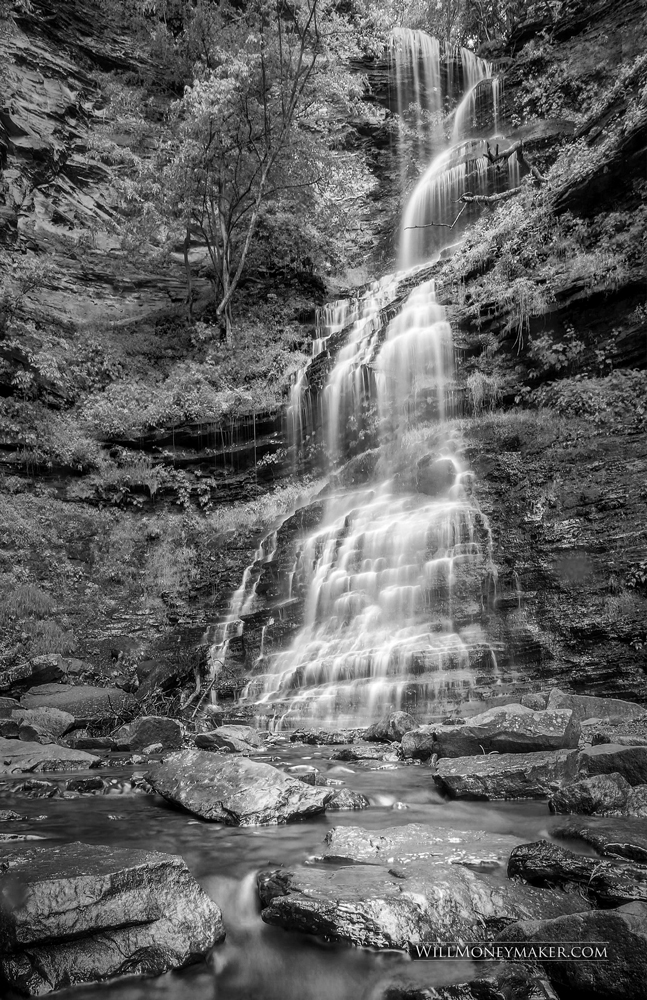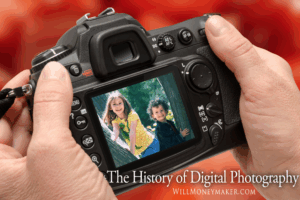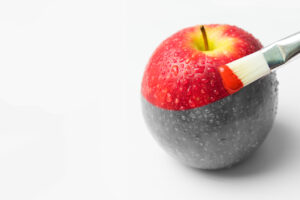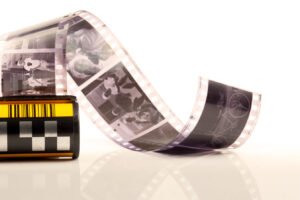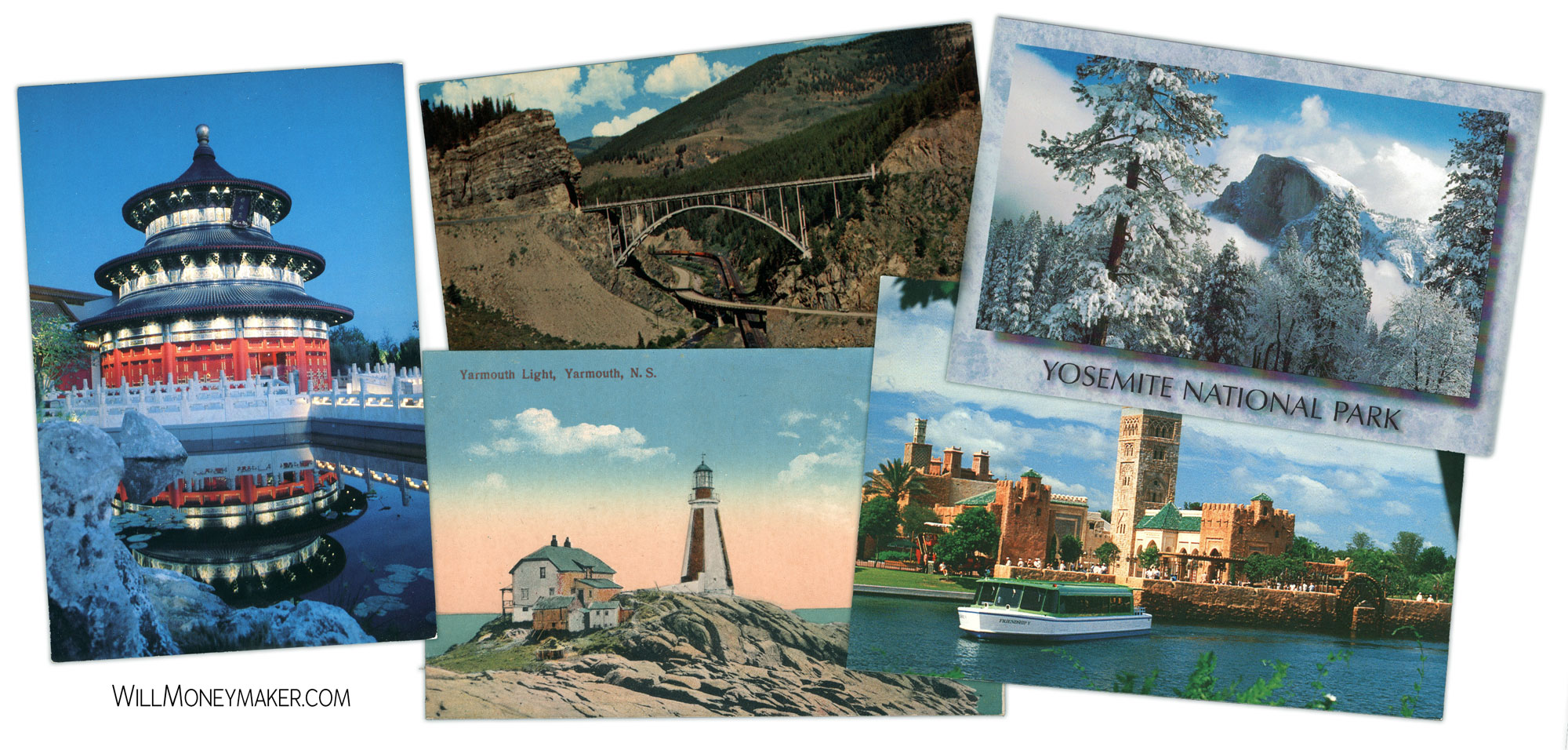Last time, I talked about the idea that another revolution in photography is coming. This thought is based on my observations across the history of photography. Every few decades—sometimes sooner—some new thing comes out that completely revolutionizes the way we do things—everything from 35mm cameras to color film to the advent of digital photography. There’s no doubt we’ve seen a lot of these shakeups, and that’s why I think we’re due for another.
So what will it be? I’ve seen some posit the idea that photography will evolve into something that includes motion. Not quite video, but not quite still, either. Perhaps 3D imagery in which the dimensional layers move or interact with each other in some way to create the illusion of 3D.
I have mixed views on this particular theory. To my mind, it doesn’t seem a likely option for photography’s next evolutionary phase simply because we already have photographs in motion—that’s what video is. I can’t really see where “photographs in motion” would be a revolution so much as either a downgrade from current video technology or maybe even an upgrade to video technology. The other issue that I have with this theory is that motion by definition goes against what still image photography is. There will always be a space for the still photograph, just the same as there has always been a place for the still painting and illustration, despite the work that animators do.
So if that isn’t the next revolution, then maybe the next revolution will come in the form of hardware or software. What these technologies could possibly be, I have no idea—but then again, I’m no engineer. Maybe it’ll be even smaller cameras, more accessible printing hardware, or vastly improved photography software that somehow makes use of artificial intelligence to make our lives easier.
Again, these are possibilities, but I see none of them as being the big thing that will truly shake up the photographic world. Certainly, at least some of these advancements are coming, but how much farther can they go? Cameras can only get so small before they lose functionality. Imagine a credit card-sized DSLR. Most of us would hate it because it would be impossible to change itty-bitty lenses with large, fumbling fingers. Such a thing would require optical technology to give us all possible focal lengths without the interchangeable lenses and without distortion—and I don’t think our optical technology is there yet!
Similarly, printers need to become more affordable so more people will buy them, but the technology already exists to print images large enough to wallpaper our walls, which is, truthfully, larger than almost any of us will ever need. I don’t see big revolutions coming here. Photoshop and editing software, too—where can that improve? We can certainly make improvements to functionality, add features, tweak things to make the software run faster, smoother, or in a more user-friendly way. But short of prescient artificial intelligence that can recreate what we see in our minds with just a couple of clicks, there’s not much room for improvement here. Photoshop and other editing tools already allow us to create anything we can imagine with relative ease.
So if none of these things are the next revolution, then what will it be? I’m inclined to think that the revolution will be the art itself. If you look at the history of art—not just photography, but at all mediums—this is the natural way for photography to evolve. Over time, humanity revolutionized art again and again. We developed the brush, paints, pencils, quills, and then pens. All the tools needed to create paintings or sketches of all kinds. Imagine what a revolution it must have been when oil paints were first developed and made readily accessible to artists.
Now, look at today. When was the last time there was truly a revolution to the technology that goes into the creation of an oil painting? Painters are still doing it more or less the same way that they did centuries ago. Quite frankly, there just isn’t much room for improvement within the tools. If we make brushes and paints better enough to be a revolution, then we’ll find those brushes and paints making the paintings for us, which I have to imagine would take most of the fun out of being a painter.
No, the room for improvement isn’t in the tools. It’s in the art. Again, I’ll call upon the history of art to demonstrate what I mean. Once painters had the brushes and the paints locked down, that’s when they started to experiment. That’s when we had the Renaissance, the Romantic period, the Impressionists, the Cubists, and all the other major and minor phases within art.
This, I think, is where the next revolution in photography will come from. Not from the tools, but from the pioneering artists who use those tools to create according to new ideas and new schools of thought. The next revolution will come from brave souls who dare to use their tools to create things none of the rest of us could have imagined.

